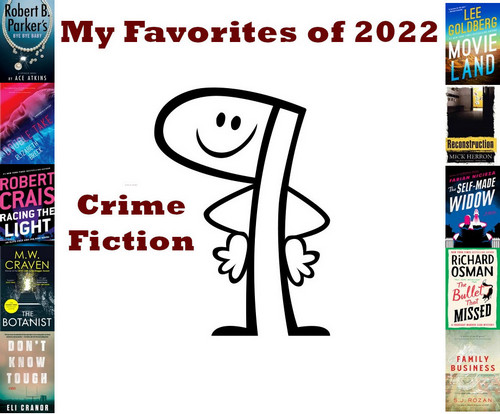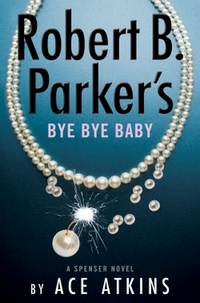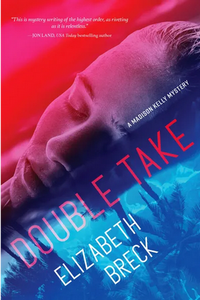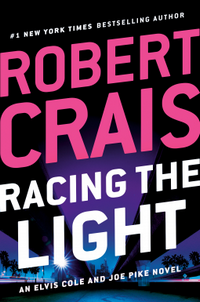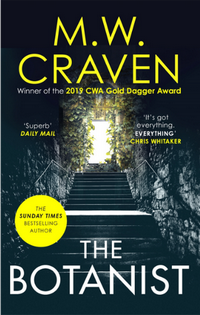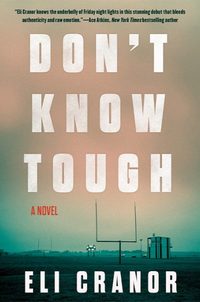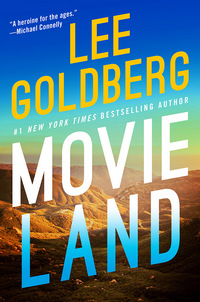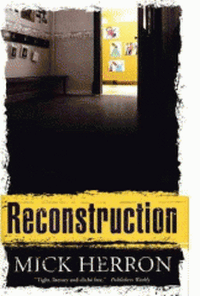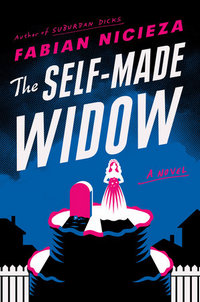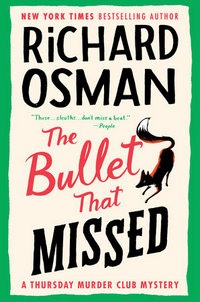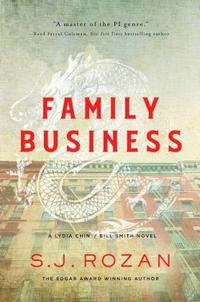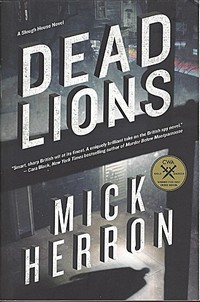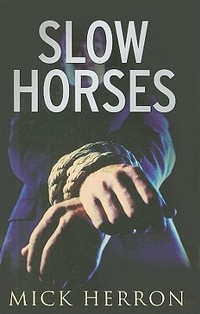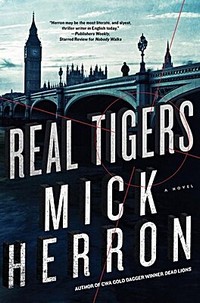 Real Tigers
Real Tigers
by Mick Herron
DETAILS: Series: Slough House, #3 Publisher: Soho Crime Publication Date: January 19, 2016 Format: Hardcover Length: 343 pg. Read Date: May 21-June 2, 2023

Real Tigers‘ Flap Copy
I don’t like what I’ve come up with to describe the book, so I’m just going to use the flap copy:
London: Slough House is the MI5 branch where disgraced operatives are reassigned after they’ve messed up too badly to be trusted with real intelligence work. The “Slow Horses,” as the failed spies of Slough House are called, are doomed to spend the rest of their careers pushing paper, but they all want back in on the action.
When one of their own is kidnapped and held for ransom, the agents of Slough House must defeat the odds, overturning all expectations of their competence, to breach the top-notch security of MI5’s intelligence headquarters, Regent’s Park, and steal valuable intel in exchange for their comrade’s safety. The kidnapping is only the tip of the iceberg, however—the agents uncover a larger web of intrigue that involves not only a group of private mercenaries but the highest authorities in the Secret Service. After years spent as the lowest on the totem pole, the Slow Horses suddenly find themselves caught in the midst of a conspiracy that threatens not only the future of Slough House, but of MI5 itself.
The Introduction
I absolutely love the way that Herron introduces Slough House and its denizens in each book. It reminds me of the way that Rex Stout’s Archie gives the rundown of Wolfe’s Brownstone and the routine in each book. But Herron’s unique approach to each introduction has really clicked with me and I look forward to this part of the books.
I can see just opening up one of these at random from time to time, reading the description of Slough House, and moving on with just a quick refreshing hit of Herron’s magic.
Roddy Ho
Roddy Ho is a great hacker—that’s clear. He’s probably almost as good as he thinks he is. The level of delusion he has about his desirability to women outdoes even Crais’ John Chen (and that’s saying something)—it’s a fun character trait, even if it is hard to believe that someone can be that clueless about themselves.*
* 5 minutes on social media reminded me of the power of self-delusion. Never mind.
That said…it’s easy between books to remember how fun it is to see him getting verbally smacked around by Lamb or River pressuring him to work, and how good he is at the technical stuff, etc.—but to forget just what wholly unpleasant person he is. I mentioned John Chen before, Chen is helpless and harmless (while being a misogynistic creep). Roddy doesn’t have that veneer of hapless charm that Chen carries—and is a bigger misogynistic creep. I just want to wash my hands after a scene focused on him if it shows him thinking or talking about women. He probably belongs in prison and would’ve ended up there if not for being employed by MI5.
Team Building?
I will say, for a bunch of misanthropic individualists, when it comes to one of their own, the Slow Horses are really good at teamwork. They spend so much time on their own, regretting their own mistakes that landed them in Slough House, dreaming and scheming their way back to Regent’s Park, etc. that they all have a serious bit of tunnel vision. They’re all focused on themselves to the exclusion of pretty much everyone else—but they’re becoming closer to a true team—particularly when one of them is in some sort of jeopardy.
It’s nice to see—and generally funny, because they’re so bad at teamwork. But the bits that they get right—either on the job or off—are heartwarming to see.
As heartwarming as this series gets, anyway.
So, what did I think about Real Tigers?
The way that this book deals with the Dead Lions-aftermath is the best part for me. Obviously, most of that has to do with Lousia, but it’s there for everyone to one degree or another. Yes, these books can be read as stand-alones, but there’s an impact to be felt from the previous novels. The MI5 and political machinations behind all the actions—the twists, double-twists, and triple-twists. I know that’s part-and-parcel for this series, so I’m not complaining about that. It felt off…overdone maybe? The Slow Horses doing their thing was entertaining enough. But the package as a whole felt like a letdown.
Still, I loved reading this book. Herron can put together a sentence like no one else. I can’t imagine there’s something I wouldn’t want to read him describe. Even when I didn’t really connect with the story, I couldn’t stop reading—that’s all down to Herron’s skill and the fantastic characters he fills his books with. I’m not just talking about the Horses, even the characters that you’re going to see for 1-2 chapters feel like they’ve got a depth to them that could sustain a novel.

This post contains an affiliate link. If you purchase from it, I will get a small commission at no additional cost to you. As always, the opinions expressed are my own.
![]()



